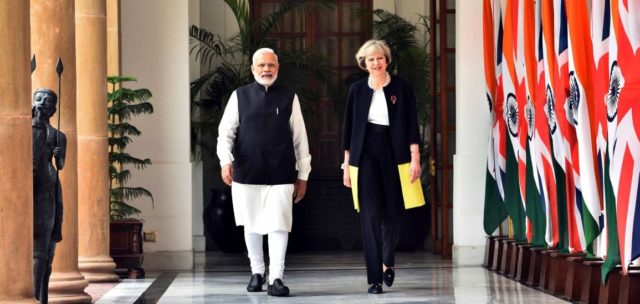Let us first tackle the history before we move on to the news. The Commonwealth of Nations comprises of 53 nations (mostly comprising of former British colonies), which is why it was also formerly referred to as the British Commonwealth. It was constituted through the London Declaration of 1949, which proclaimed each member nation as “free and equal”, irrespective of their economic or geographic stature. Thus, each member nation subscribes to the principles laid down in the Commonwealth Charter and work to promote the principles of democracy, human rights, and rule of law. In addition, the Charter also emphasises the role of civil society in supporting the goals and values of the Commonwealth.
While India’s decision to remain with the Commonwealth post independence caused quite a furore in the political circles, with many questions being hurled at Pandit Jawahar Lal Nehru; the decision in reality has its share of advantages. While many argue that the Commonwealth of Nations is nothing but a consolation prize for the British crown, which bolsters its own sense of importance; others argue in favour of the non-legal association for it provides space for informal trade talks and other developmental aids.
India, which is currently the largest member country by virtue of both its population and its trade deals within the Commonwealth, has been urged by Britain to accept a more active role, which would ultimately culminate in a leadership role for India. Even as the Indian government is busy contemplating its role for the future, analysts opine that an active role in the Commonwealth would not only help India consolidate its position in the international forum but may come in handy in creating a strong narrative for itself.

This may come in handy when we would need to garner international support in case of Chinese aggression. For one thing, we know that China has been substantially increasing its global reach by playing an active role in many international organisations. Thus, given the power dynamics of the Indian sub-continent and the assertiveness of China, we too need to bolster our international engagements and international presence. We cannot afford to be complacent as far as international associations are concerned!
Of course, Prime Minister Modi has already proved that he is a master when it comes to international relations with his counterparts. Which is why, it is not surprising to see how the narrative has changed in 2018 with the Indian Prime Minister making an appearance at the CHOGM (The Commonwealth Heads of Government Meeting) in London after almost a decade. This foretells of the changed scenario today, considering that Prime Minister Modi is the only head of government who has been offered two bilateral meetings with British Prime Minister Theresa May and also an audience with Queen Elizabeth II. That alone should be sufficient evidence to the Indian people of India’s importance at the international level.
Thus, even as the government contemplates its decision vis-a-vis its possible role in the Commonwealth for the future, it would do well to remember that the CHOGM would serve as the perfect platform for garnering international support and building India’s international clout. After all, if the Dragon is no longer in hiding, the tiger need no longer crouch!
























